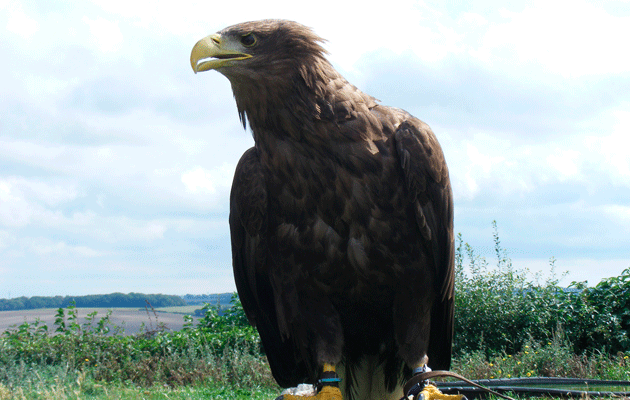Rampant regulation

I hate rules, don’t you? (Well, I hate the ones that are supposed to apply to me, at any rate; they’re fine for you and everybody else, of course.)
Rules — whether laws or just regulations — are a fact of life. They are supposed to make our society workable, setting out the boundaries between individual freedom and the necessary constraints of wider society. Or so people say. But what happens when the rule-makers take over, and rules take on a life of their own, far beyond the purpose they were originally supposed to serve? How can we unravel the mess?
You see the problem everywhere. For example, a bunch of wildfowlers approached me recently to complain about the way certain regulations were being used to restrict their freedom to visit a marsh. They wanted me to intervene, but I couldn’t, for a variety of reasons — not least because I have no influence over the regulations in question, which were drawn up by the wildfowling community itself. In that sense, the rules were self-inflicted.
And that’s the nub of the problem. We are all part of society, and when society draws up rules, we either go along with them, or strike out on our own. But we cannot be members of a club and then simply refuse to obey the
club’s rules.
On the other hand, the issue is complicated by two well-known phenomena: mission creep, and biased interpretation. A particular example that illustrates both problems is the way wildlife protection laws have taken on a life of their own.
Sensible legislation that was originally meant to preserve a rare or declining species may have been necessary at the time, but what happens when the species in question becomes much more common, even to the point of becoming a pest? In practice, whenever an update or relaxation is suggested, all sorts of busybodies rush about with their clipboards and pronounce that you cannot even contemplate a cull or harvest because the species “is protected”. This turns the original rationale on its head, of course.
Thus, we are not allowed an open season for brent geese, even though we now have zillions more than when they were protected, because, er, they are protected. This is despite the fact that we were told at the time that they would be put back on the quarry list as soon as numbers could support a sustainable harvest. The numbers have certainly reached that point, but all sorts of rules and regulations now stand in the way of the original promise.
National and international legislation is one thing; our own, self-imposed rules — such as those for a club or a shoot — are another. How many rules do we really need? Perhaps clubs and syndicates should take a long, hard look at their rules and see whether any need culling. Does any organisation’s rule book ever get shorter as time goes by? Some staff handbooks are so comprehensive that nobody really knows what is in them. Instead of being a practical, common-sense guide, they have become specialist reference works for anyone sad enough to want to score a point off someone else.
The Government is currently promoting a Deregulation Bill. This strikes me as a splendid idea. For years, politicians and officials have been conspiring to dump ever more legislation on an unwitting electorate. How much of it is really necessary for the proper conduct of society? The new Deregulation Bill — part of a bigger bonfire of red tape — has sparked terror among vast swathes of petty officialdom. So it must be a good thing.
Could we all do something similar to the Deregulation Bill within our own sphere of influence? If we could, then that really might make the world — or at least our little bit of it — a better place.
So, don’t delay — kill a stupid rule today! You know it makes sense.
Have your say: if you have a view on a current news topic, send it, in no more than 500 words, to [email protected].
What is YOUR opinion?
Join other ST readers in our forums to discuss your views.
Like this article? Mark this page on a social bookmarking website…
![]()
What are social bookmarking sites?








